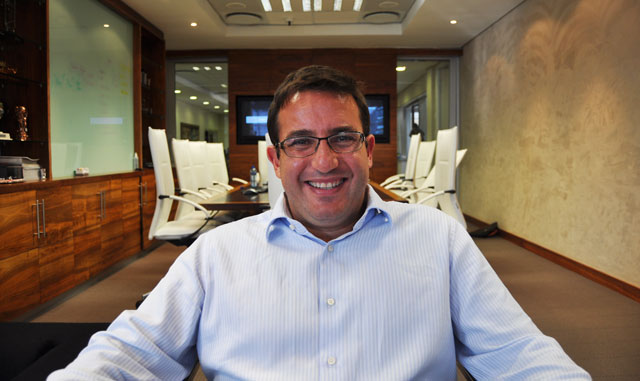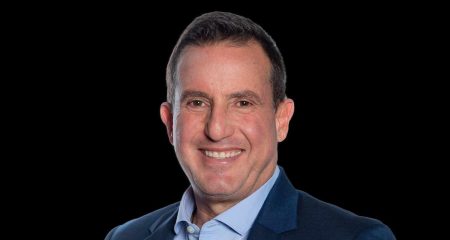
Mobile operator Cell C is allegedly giving Blue Label Telecoms-owned wireless application service providers (Wasps) preferential rates and services when they use its network, a move that has angered rival service providers.
BulkSMS MD Pieter Streicher says the issue is that Cell C is offering Blue Label subsidiary Cellfind something it isn’t offering any other Wasps: the ability to send and receive messages to and from any operator using Cell C’s network. Other Wasps, he says, have to have separate accounts with each network operator to do this.
The text messages in question are for application-to-person (A2P) services. These are any SMS messages that don’t originate from an individual’s handset.
“It’s not just about a preferential rate; it’s also about offering additional features like cross-network A2P messages,” Streicher says. “I can send a message to a Vodacom phone using our bulk SMS facility with Cell C, but if the customer replies the message is dropped. [Cell C has] enabled the reply path only for Cellfind.”
Other Wasps have also expressed concern to TechCentral about the alleged preferential treatment of Cellfind and other Blue-Label owned bulk SMS business, Panacea Mobile, but declined to speak for the record because of their relationships with Cell C.
According to Streicher, the Electronic Communications Act requires that Wasps be charged the same wholesale rate. “Wasps are all potentially interconnect seekers and, in terms of the act, all seekers must pay the same rate. But, to date, my experience has been that Icasa (the Independent Communications Authority of South Africa) has not been that involved with anything SMS related.”
By way of example, Streicher points to the so-called “gentlemen’s agreement” regarding the termination of A2P traffic on rivals’ networks. He says Icasa opted not to get involved with the matter, meaning each network has a monopoly on delivery to its own subscribers.
“In a sense, Cell C probably did the right thing to move away from this agreement because it introduces some competition,” Streicher says. However, limiting the return path to certain customers isn’t fair to other Wasps, he says.

“Cell C’s excuse is that it is trialling something new, but there’s no end-date to this trial and other Wasps are clearly being disadvantaged.” Streicher says Cell C’s trial has been running since July last year.
Apart from concerns about their customers moving to Wasps that enjoy the alleged preferential rates, an additional concern for rival service providers is that cheaper bulk messaging solutions encourage SMS spam because of the higher return on spammers’ investment.
Blue Label co-CEO Mark Levy says rival bulk SMS companies are complaining because Cellfind and Panacea Mobile are “giving them a nice run for their money in the marketplace”.
Levy says the reason Blue Label’s bulk SMS businesses are doing well is because of their buying power and their ability to “add value to an aggregated offering”.
“It’s not about preferential treatment but about being smarter,” Levy says. “We can distribute and aggregate products better than most people.”
According to Levy, scale is the most important advantage of the bulk SMS market, which is a “very competitive business by nature” and one that depends on “high volumes and low margins”.
“We invest time and money in building robust and scalable solutions. When the Wasps complain, they should first look at their own business models,” Levy says.
The competition, he says, is “healthy” and rivals need to “respond with smarter offerings, not by complaining”.
Regarding allegations that Cellfind and Panacea enjoy a cross-network A2P return path that other Wasps using Cell C for bulk SMS do not, Levy says he isn’t aware of this.
When approached for comment, Cell C says only that it is “in discussions with other businesses with regards to A2P messaging at their request [and] until such time as these discussions are concluded, Cell C cannot comment”.
Blue Label co-CEOs Mark and Brett Levy have a longstanding relationship with Cell C CEO Alan Knott-Craig dating back to his time as CEO of Vodacom. Vodacom played a pivotal role in helping Blue Label achieve the scale that has since made it the biggest retailer of prepaid airtime in the country. Knott-Craig’s son, also named Alan Knott-Craig, was also the CEO of Cellfind before Blue Label acquired it. — (c) 2013 NewsCentral Media




